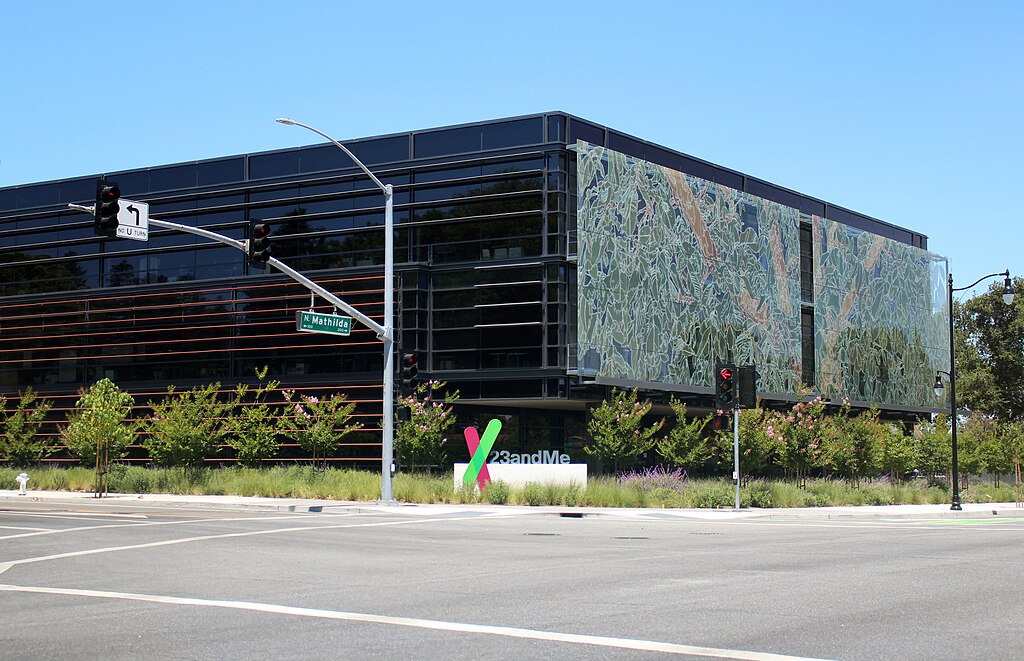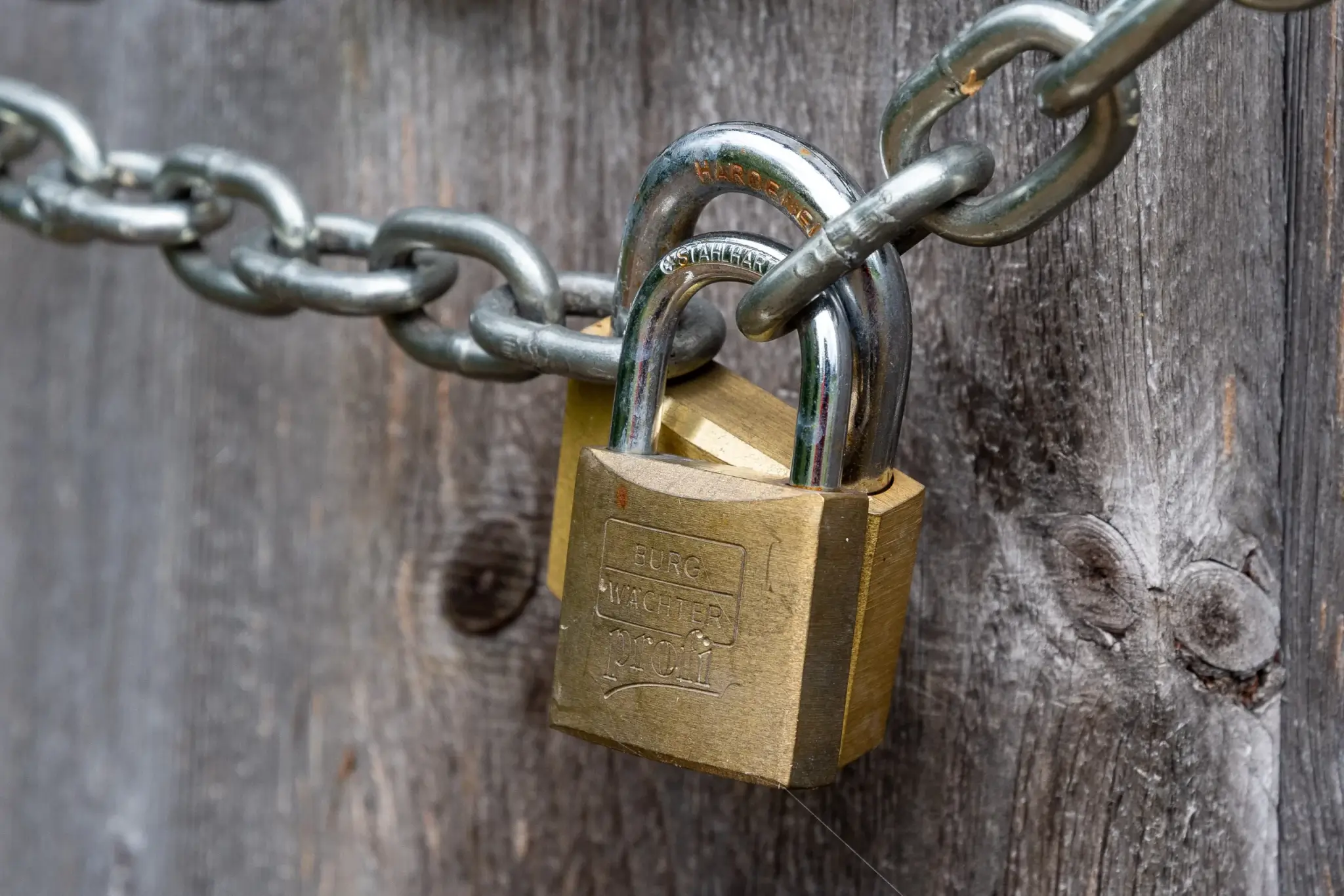SCOTUS Robocall Ruling: Challenge to 1991 TCPA Averted
Will Simonds
Reading time: 5 minutes
Table of Contents
On Monday, July 6th, 2020, the Supreme Court upheld and strengthened a pre-existing 1991 Robocall Ruling, banning Robocalls on cell phones.
The challenge to the law was made by political-consultant organizations who noted that the law contained an unconstitutional exception for government debt collection, while continuing to ban other forms of speech (e.g. like polling, or political campaigning).
Plaintiffs were aiming to strike down the entirety of the law, but the court instead simply removed the exception for government debt collection.
What does this mean in terms of the larger Robocall problem in the US?
Not much. It is gratifying to know that existing law now treats government and private actors the same. But existing law hasn’t stopped the massive growth in Robocalls by scammers over the past decade. The evolution of technology (e.g. auto dialing software, number-spoofing tech, growing availability of accurate cell-number targeting) is what has enabled the boom, and technology is what will in the near future (e.g. STIR/SHAKEN enabled caller-verification) potentially help reduce them.
Who is affected by the law?
Primarily people who are currently legally allowed to make robocalls to landline-phones: political campaigns, medical organizations, charities, emergency services, and so on. The people most likely to benefit from changes to the law would be polling organizations, who face a steadily declining population of people they can reach via landline phones, which makes their polling-data less reliable (and less valuable to clients).
Can the Supreme Court ban on mobile robocalls be effective if data brokers continue to make people’s cell numbers readily-available?
Nobody should expect their phones to stop buzzing with “caller unknown” anytime soon. One reason is when you search Google for anyone, dozens of data brokers advertise the ability to purchase data profiles of us including our phone numbers, email addresses, and more. The ease of attaining thousands (if not millions) of numbers from online sources is a huge part of what drives unscrupulous organizations to engage in robocall fraud campaigns.
What other sources of information are Robocallers exploiting?
While the TCPA ban prevents legal, domestic companies from call-spamming, there is no current protection of consumer personal information that prevents robocallers from finding their targets.
DeleteMe has found that many fraudulent call programs have originated using public-data sources that government agencies themselves provide. In many states, voter records are publically sold and these sources used to improve otherwise ‘dumb call-targeting’ by cross referencing who is an active resident of an area with massive databases of numbers.
What kind of information do Robocallers want the most?
A misconception about the robocall problem is that all that they need is ‘just the phone numbers’. The way robocallers make their money (either via fraudulent scams, or illegal/harassing telemarketing) is to identify specific audiences that are susceptible to specific types of appeals.For example: recent data breaches identifying medicare beneficiaries leads directly to growth in Medicare-related fraudulent calls. What may appear to be harmless information about an individual can often be used in innovative ways to cause financial damage.
What does the Robocall trend look like at the moment?
Overall robocall volume has been down in the first half of 2020 as a consequence of the COVID-19 pandemic. Social-distancing requirements have affected international scam call-center operators as much as they have American consumers. But as economies around the globe are returning to normal, call-volume is again ticking up after hitting a low point in May 2020.
What’s the status of other Government efforts to reduce the Robocall problem?
FCC has been handing down stiffer penalties, as they have been recently authorized to do under the TRACED Act. In June, a healthcare insurance telemarketer was handed a $225 million fine for wanton violation of Do-Not-Call regulations, an unprecedented amount. However, the track record of the Justice Department in following up on these penalties has been mixed, at best.
There has also been some progress in the implementation of SHAKEN/STIR in the telecom industry, which will – in theory – vastly improve “Verified Caller Identification” and eliminate the call-spoofing that robocalls primarily rely on. Those rules were finalized in March, have gone through a recent comment process, and are planned to be fully implemented by 2021.
Even when SHAKEN/STIR goes live, however, phones will still ring: the onus of ‘who to block and who to answer will still be on the consumer. What we look forward to, however, are telecom companies using new ID-data provided by SHAKEN/STIR technology to provide better tools for screening and call blocking.
Our privacy advisors:
- Continuously find and remove your sensitive data online
- Stop companies from selling your data – all year long
- Have removed 35M+ records
of personal data from the web
Save 10% on any individual and
family privacy plan
with code: BLOG10
news?
Don’t have the time?
DeleteMe is our premium privacy service that removes you from more than 750 data brokers like Whitepages, Spokeo, BeenVerified, plus many more.
Save 10% on DeleteMe when you use the code BLOG10.
















